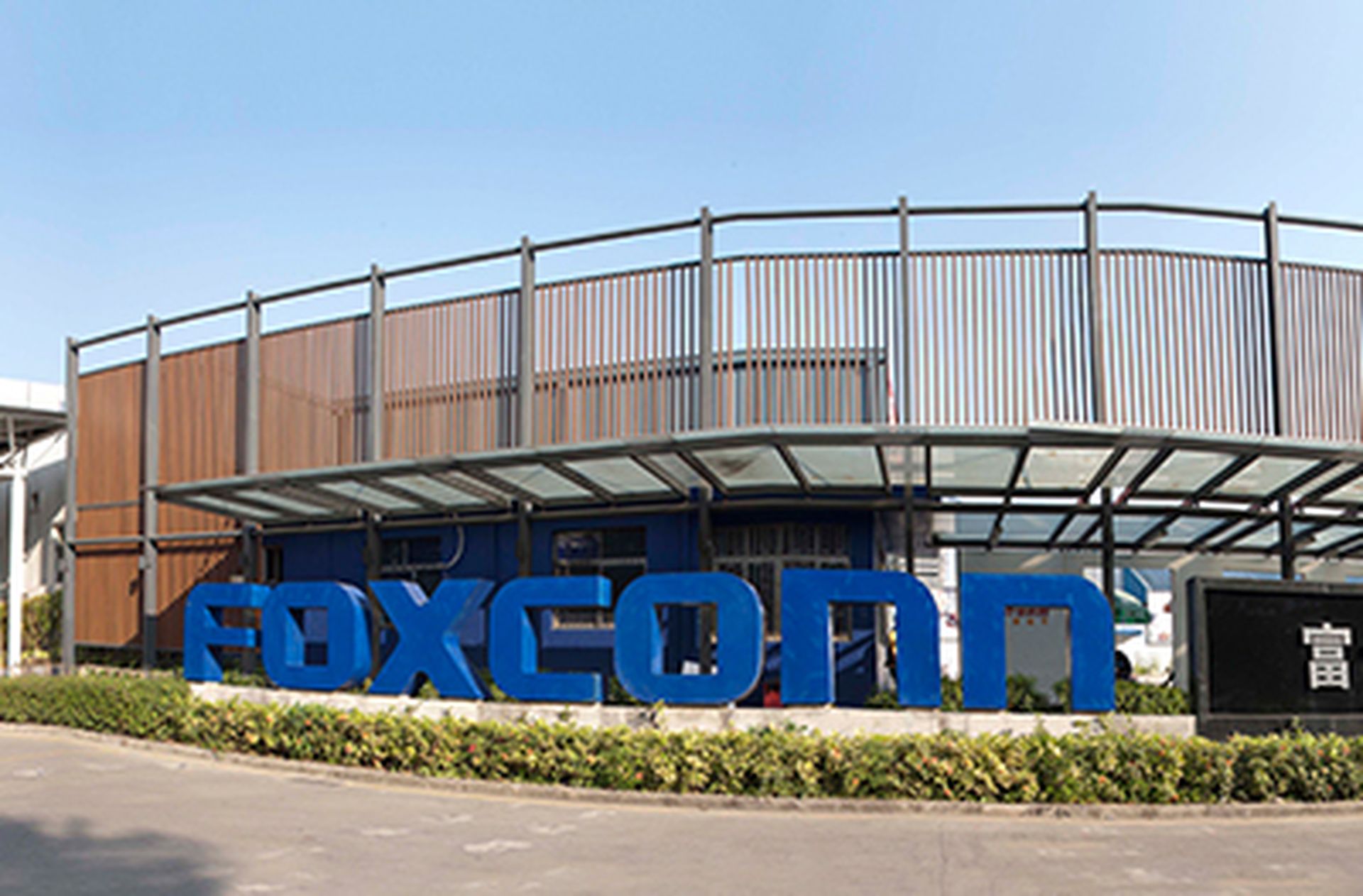To cut back on relying too much on China for crucial AI hardware, big U.S. tech players like Nvidia, Amazon, Google, and Microsoft are changing where they make things. They’ve asked Foxconn, a major supplier, to produce more in Mexico instead of China.
Why Mexico?
The allure of Mexico stems from various factors. Firstly, the escalating technological and national security tensions between the United States and China have spurred a reevaluation of supply chain dynamics. With both nations imposing regulations and bans on the export of sensitive technologies, companies are actively seeking alternative manufacturing solutions.
Moreover, the implementation of the US-Mexico-Canada Agreement (USMCA) in 2020 has catalyzed this shift. The agreement, aimed at bolstering free trade among the signatory nations, has incentivized manufacturers to diversify their operations away from China and towards Mexico.
Foxconn’s Role
You might know Foxconn for making iPhones, but they also make a lot of AI hardware. They’ve listened to the tech giants and invested heavily in Mexico—around $690 million in the last four years. They even bought land in Jalisco for $27 million to ramp up AI production this February.

Making friends nearby
The trend towards “friendshoring” or “nearshoring” is gaining traction, particularly in the geopolitical landscape. Tech companies are strategically aligning their supply chains with countries that maintain close political partnerships with the United States. By shifting production to Mexico, these firms aim to reduce their dependence on China, a geopolitical rival of the U.S.
Impact on trade
Mexico’s emergence as a lucrative investment destination is already reshaping global trade dynamics. Recent data from the U.S. Census Bureau indicates that, for the first time in two decades, U.S. imports from Mexico have surpassed those from China. This trend underscores the significant impact of the strategic realignment of production facilities in response to evolving geopolitical and trade dynamics.
In summary, moving the production of AI hardware to Mexico is a savvy move by U.S. tech giants to reduce risks and seize new trade opportunities. As the world evolves, decisions like these will shape the future of tech manufacturing and international trade.
What if Big Tech completes the transition from China to Mexico?
If Big Tech completes the transition from China to Mexico for AI hardware production, it could significantly reshape global manufacturing dynamics, with Mexico emerging as a key hub for technology production. This transition could also lead to greater stability in supply chains, reduced geopolitical risks, and potentially foster closer economic ties between the United States and Mexico. However, it may also pose challenges such as adapting to new regulatory environments, addressing labor concerns, and managing potential disruptions in existing supply chains. Overall, the completion of this transition could have far-reaching implications for both the technology industry and international trade relations.
Featured image credit: Eray Eliaçık/Bing





